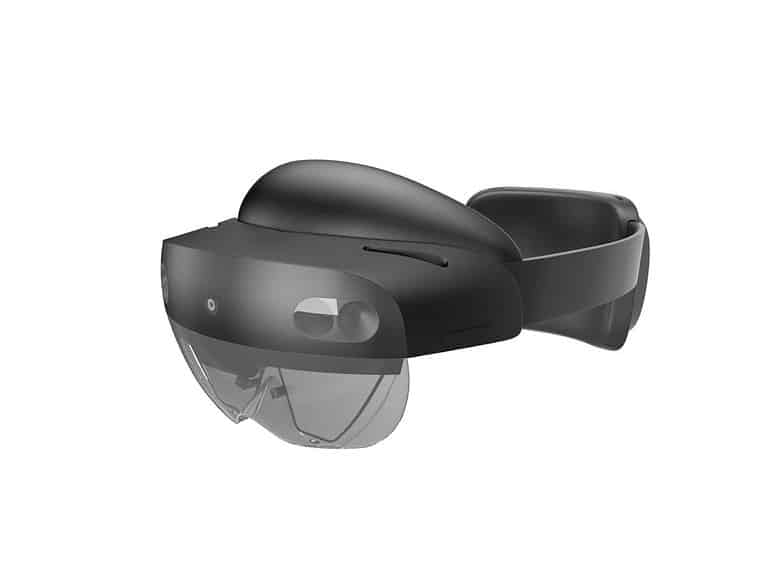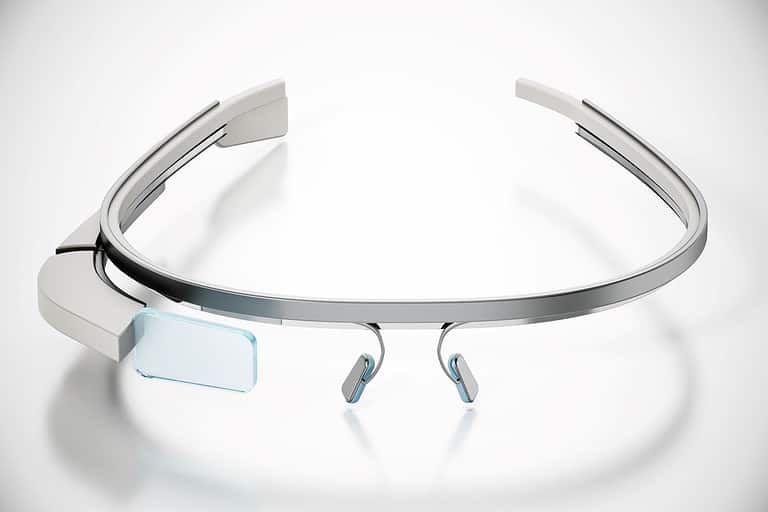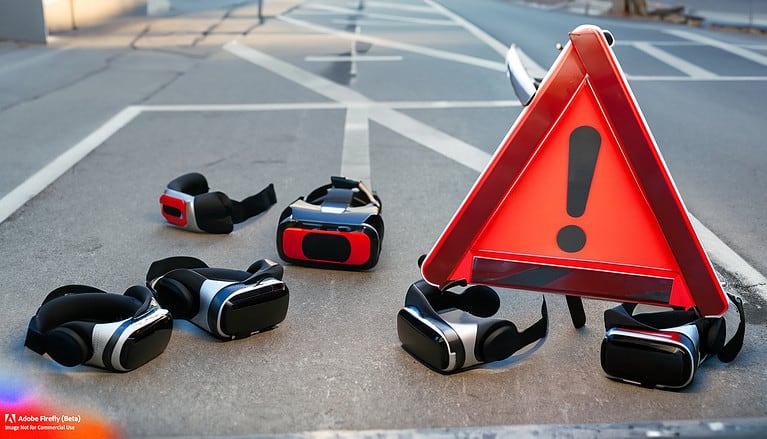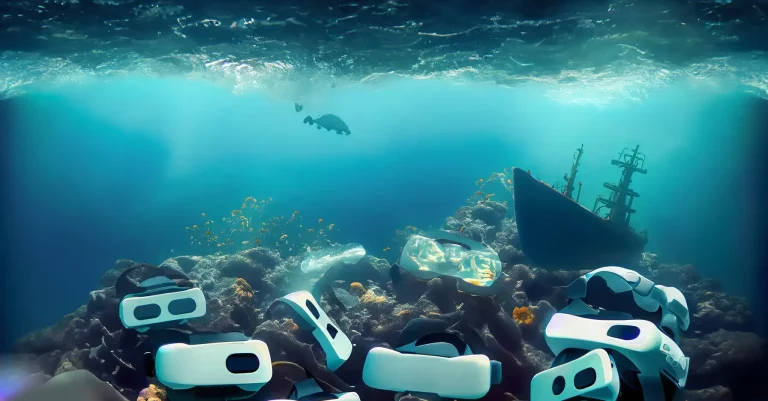Comparison of VR platforms: Steam VR, Viveport, Pico Store and Oculus /Meta
In the world of virtual reality (VR), there are several platforms available to users that offer different experiences. Below, we compare four of these platforms: Steam VR, Viveport, Pico, and Oculus, based on their pricing, variety of content, and support for VR glasses.
Steam VR
Steam VR is a part of the Steam platform, which offers a wide range of games and applications.
Pricing model
Steam VR relies on a pay-per-item model, where users pay for each game or app individually. There are no monthly fees, but the prices for individual games vary greatly.
Offer selection
The selection on Steam VR is extensive, with the platform supporting third-party games. However, content for the B2B sector is hardly available.
Supported VR glasses
Steam VR is compatible with many different headsets, including HTC Vive, Valve Index, Oculus Rift, and Windows Mixed Reality headsets. Steam only offers PC VR applications.
Viveport
Viveport is HTC's VR platform and offers a range of consumer and enterprise applications.
Pricing model
In addition to purchasing individual games, Viveport also offers a subscription model (Viveport Infinity) that gives users unlimited access to a variety of games and apps for a monthly fee.
Offer selection
Viveport offers a wide range of games and apps, including some exclusive titles. However, B2B content is limited.
Supported VR glasses
Viveport was originally developed for the HTC Vive headset, but it also supports other VR headsets, including Oculus Rift and Pico headsets.
Pico
The Pico store is a VR platform that offers different content depending on whether you have purchased Pico Enterprise glasses or consumer glasses.
Pricing model
Pico uses a pay-per-item model, where the cost of applications can be higher due to the B2B nature of the platform.
Offer selection
On Enterprise Glasses you can see the store focused on B2B applications. This can be interesting for the distribution of B2B apps
On the consumer glasses, you can find a large selection of games in the store, but it cannot keep up with Meta yet. Of course, the exclusive Quest titles like Beat Saber are also missing here.
Supported VR glasses
Pico software is compatible with Pico headsets only.
Oculus/Meta
Oculus, owned by Facebook, offers a wide range of VR experiences.
Pricing model
Oculus follows a pay-per-item model for titles in its Oculus Store. In addition, a partnership with Viveport enables the use of Viveport Infinity on Oculus headsets.
Offer selection
Meta offers the largest number of games, including some exclusive titles. There are also a few B2B contents available. The Meta store is very tightly curated and it is not easy to market content on the store. Meta is clearly oriented towards B2C and games.
Supported VR glasses
Meta software is only compatible with Meta headsets like the Quest.





